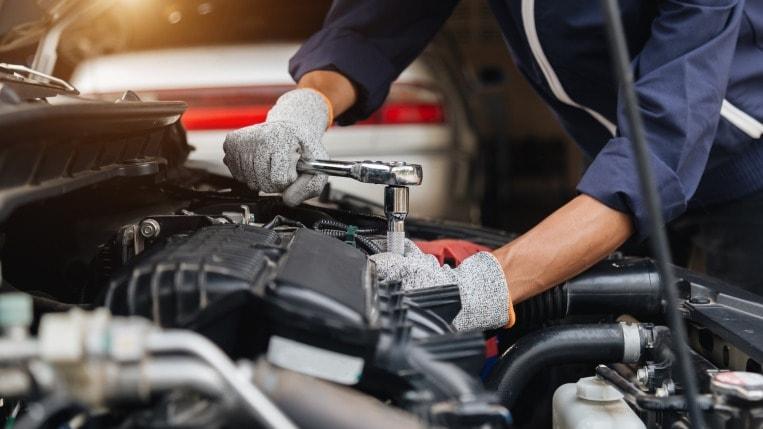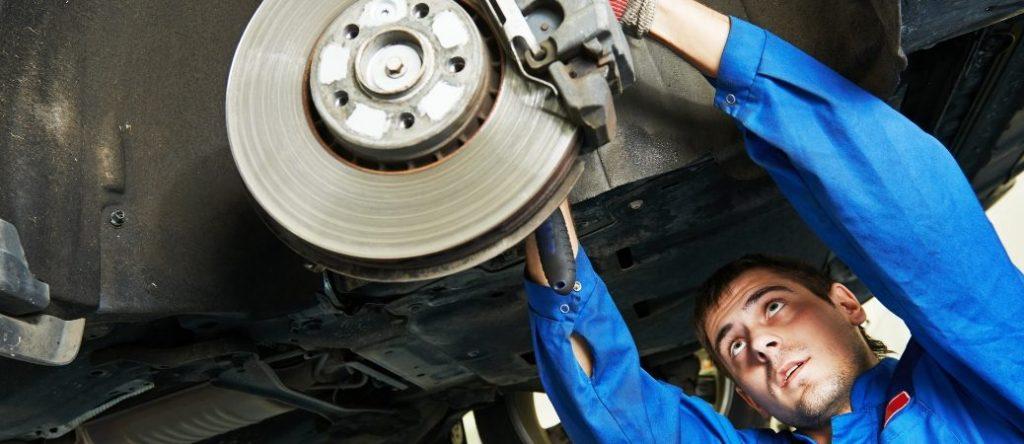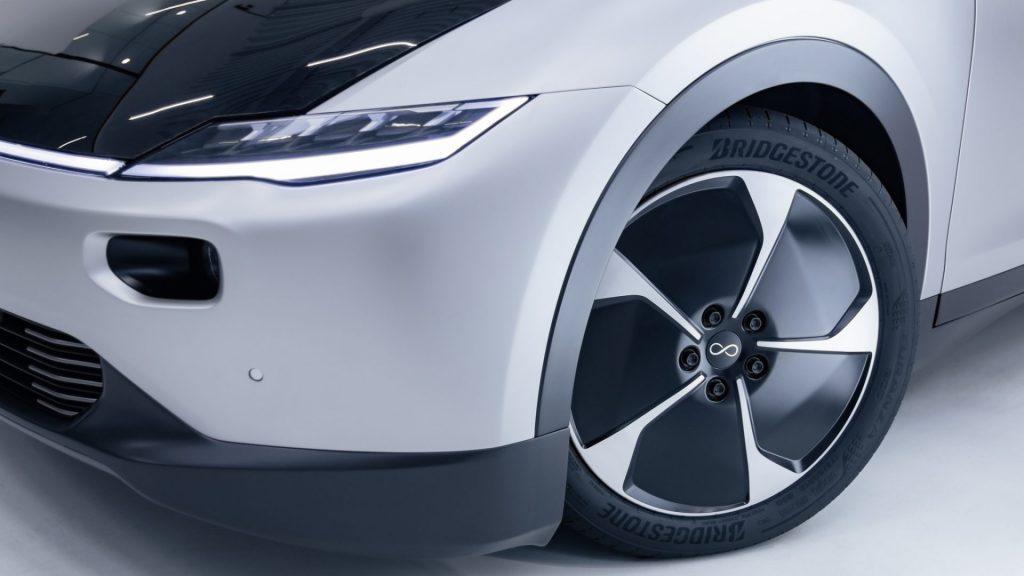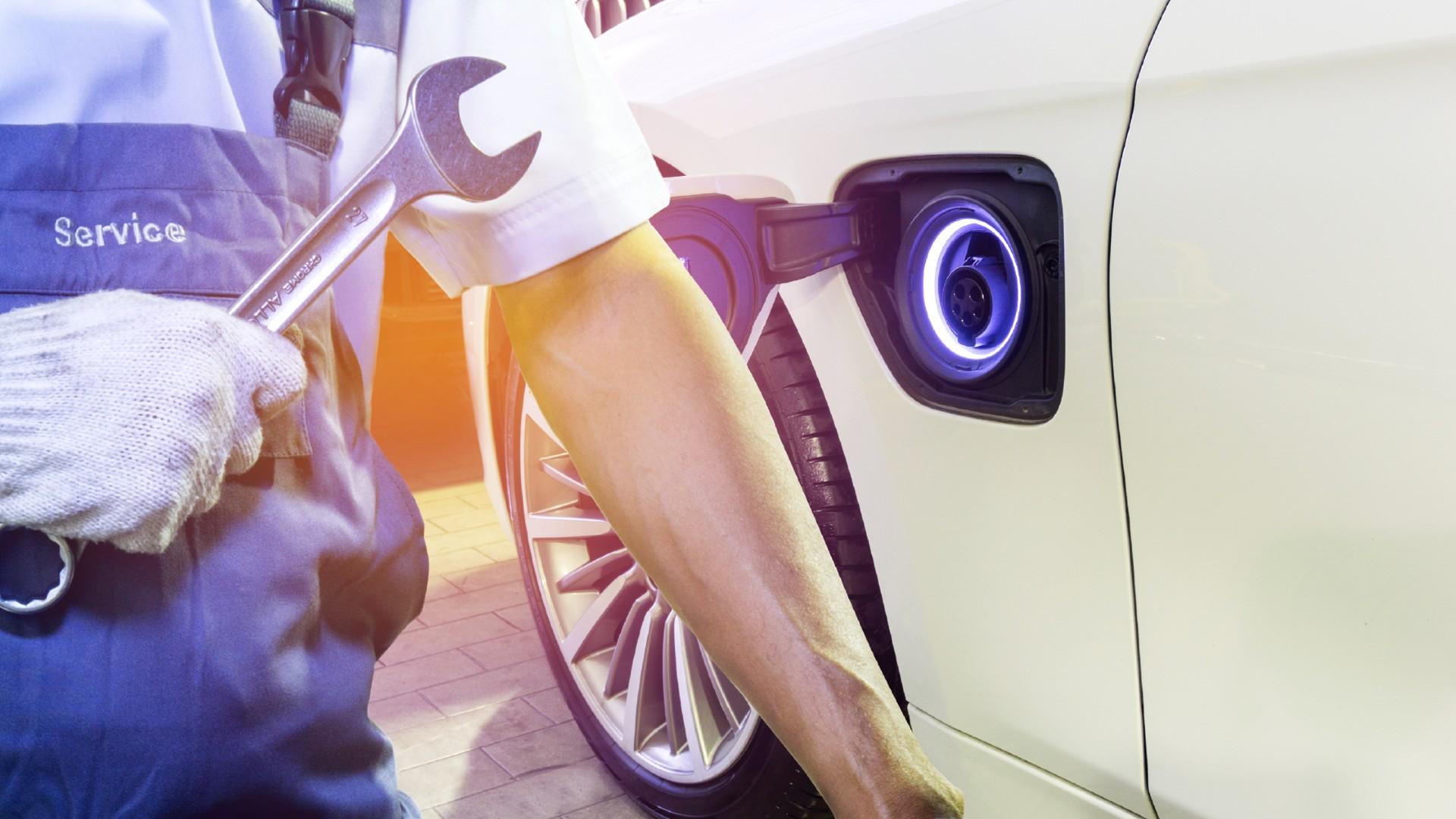When customers plan on purchasing an electric vehicle, they are challenged with many brainstorming moments. They found themselves surrounded by concerns such as what will be the fuel average of the vehicle, how long will the tires last, when will they be required to change the fluids within the vehicle, and last but not least, will my electric car require servicing?
Table of Contents
Well, here's an article that is going to help you answer.
As far as electric vehicles are concerned, it might not be readily apparent how much they will cost for maintenance and servicing. Like gasoline-powered vehicles, we are familiar with the 3,000-mile oil change schedule. However, when it comes to electric cars, they don't require servicing as much as gasoline-powered vehicles.
The main reason is that electric cars have far fewer moving parts than gasoline cars. Electric cars have motors, but those are sealed units that never need maintenance or replacement.
However, apart from the motors, several things, such as the battery unit, drivetrain, and brakes, will require servicing after some time of usage.
READ: What Problems Do Electric Cars Have?
What Kind of Servicing Does an Electric Vehicle Require?

Like other moving vehicles, the electric vehicle also succumbs to gradual wear and tear over time. They also require maintenance like trucks, SUVs, cars, and motorcycles.
However, when it comes to annual servicing costs, it's far less compared to ICE cars.
An electric vehicle requires maintenance at least twice a year to run efficiently. These small maintenance checks can often revolve around vehicle system inspection & tire rotations. They may help coherently to increase the life of your electric vehicle on the road.
Battery Replacements
If your electric vehicle has been operational for at least 8 to 10 years after the manufacturer's warranty expires, there comes a point when it will require a battery replacement. On average, a new battery can cost as much as $10,000. However, with many industry analysts anticipating significant drops in battery prices in the next 10 years, this maintenance cost will not hurt your pockets as much. There may be some new advanced technologies in the future.
Lithium-ion batteries power most electric vehicles.
Although there are four main types of batteries installed in most electric vehicles, they are as follows:
- Lithium-ion
- Nickel-metal hydride
- Lead-acid
- Ultracapacitors
However, lithium-ion is considered a great alternative because it can hold a significant amount of energy, they don't have a high self-discharge rate, and they have a better well-maintained charge as the battery ages. They also come with an 8-year warranty for approximately 100,000 miles.
Fluid Replacements
Unless we are not discussing pure hybrid vehicles, an electric vehicle does not have an internal combustion engine. Therefore, the fluids normally used in gasoline-powered vehicles eventually become obsolete. So, you don't have to worry about fluid replacements.
The only fluids used in electric vehicles are brake fluid, windshield washer fluid, and coolant. They all have specific tasks to perform. Brake fluid ensures that your car's brakes are working fine. The windshield washer fluid is used to clean the windshield of your vehicle. It is advised to check the level of both fluids at least once a month and top them off as needed.
As far as when they are supposed to be changed, well, there's no universal rule as to when. However, they may vary depending on the type of environment in which you're living. If you're living in Chicago, which gets cold during the winter seasons & extremely hot during the summers, you may want to consider changing them often. If you're living in a Southern part of California, where the temperature is more controlled, you can get an extended life for it.
READ: Do Electric Cars Need Coolant?
The Tires, Brakes & Suspensions

You can change the tires after every 25,000 to 50,000 miles. However, this also depends on the terrain you're driving on. If you live where the roads are well maintained, you will not have to replace them as often. But if you live in an area where the roads are not that great, you may have to replace them sooner.
The brakes usually last longer on electric vehicles than on gasoline-powered ones. They work pretty much like a regular gasoline-powered vehicle. However, the main difference is that electric vehicles don't have engines. Therefore, they don't have something called "engine braking." As far as the brake fluids are concerned, they should be checked & topped off as needed.
Suspension again depends on how you handle the vehicle or how rough the terrain you're driving on. Just like the brakes, they can last a very long time if they're well-maintained.
Frequently Asked Questions

How Often Should I Consider My Electric Car Servicing
As with most automobile manufacturers, they recommend following a specific inspection schedule for their electric car maintenance. For instance, Volvo/Polestar often suggests first scheduled maintenance twice a month or when the vehicle completes its 20,000 miles driving average. Similarly, Tesla recommends a tire rotation after every 6250 miles.
There's no particular maintenance schedule for all-electric vehicles. It depends on what manufacturer you're buying it from. However, if you live in an area where the roads are not in the best condition, you might consider looking at it more often.
Are Electric Vehicles More Expensive To Maintain?
No, they are not. Electric vehicles are relatively cheaper compared to their gasoline-powered counterparts. The only thing you need to consider is the cost of batteries. But even that has come down significantly over the years.
READ: Do Electric Cars Breakdown?
Do Electric Cars Need Servicing - Concluding Thoughts
So do electric cars need servicing? They certainly do. But, the servicing requirements are not as stringent as gasoline-powered vehicles. You don't have to worry about oil changes, fluid replacements & whatnot. Just follow the specific guidelines from the manufacturer & you should be good to go.

